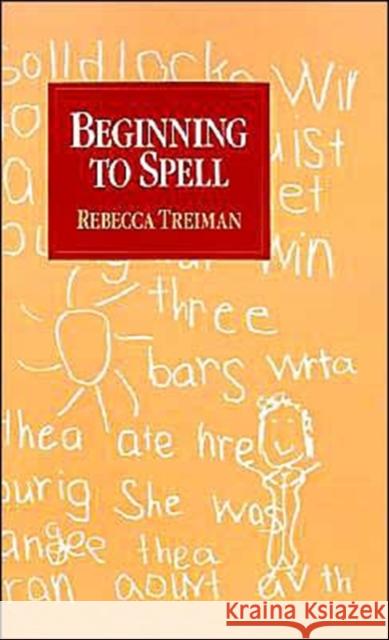Beginning to Spell: A Study of First-Grade Children » książka
Beginning to Spell: A Study of First-Grade Children
ISBN-13: 9780195062199 / Angielski / Twarda / 1992 / 384 str.
This groundbreaking study on the psycholinguistics of spelling presents the author's original empirical research on spelling and supplies the theoretical framework necessary to understand how children's ability to write is related to their ability to speak a language. The author explores areas in a field dominated by work traditionally concerned with the psychodynamics of reading skills and, in so doing, highlights the importance of learning to spell for both psycholinguists and educators, since as they begin to spell, children attempt to represent the phonological, or sound form, of words. The study of children's spelling can shed light on the nature of phonological systems and can illuminate the way sounds are organized into larger units, such as syllables and words. Research on children's spelling leads directly to an understanding of the way phonological knowledge is acquired and how phonological systems change with the development of reading and writing ability. In addition to this insight concerning cognitive processes, the findings presented here have implications for how spelling should be taught and why some writing systems are easier to master than others. The work will interest a wide range of cognitive and developmental psychologists, psycholinguists, and educational psychologists, as well as linguists and educators interested in psycholinguistics.











